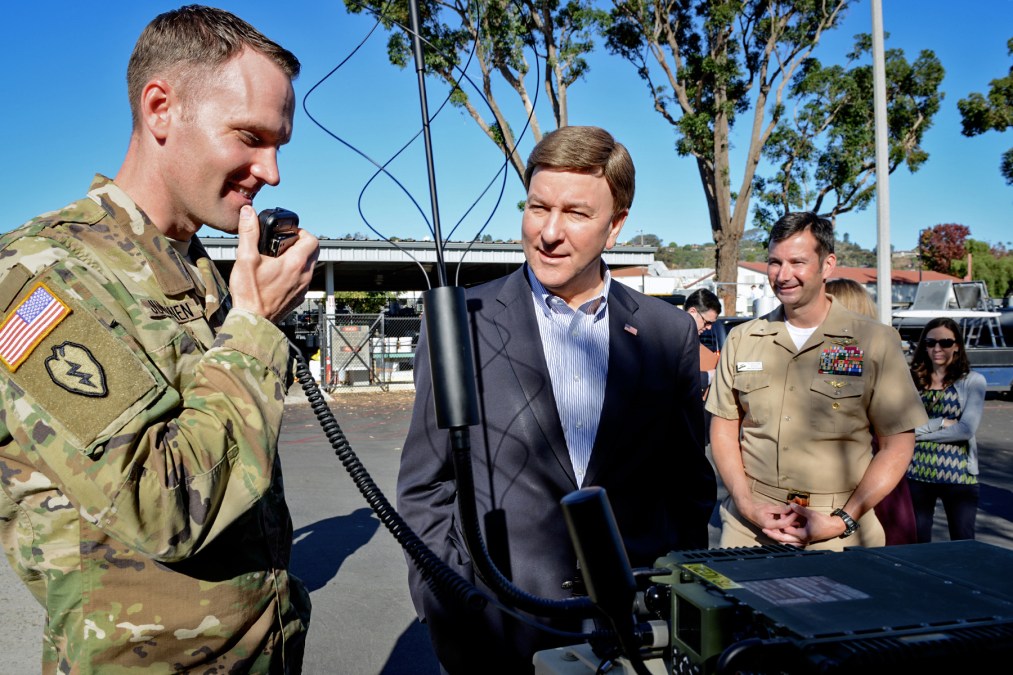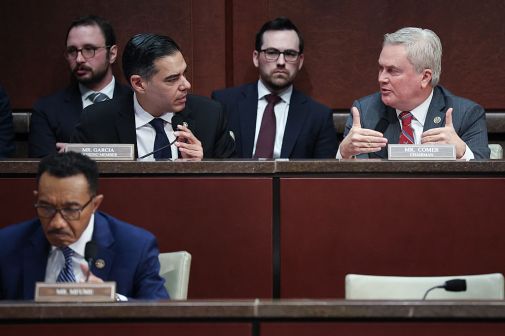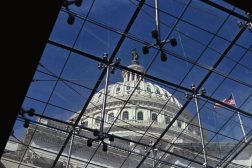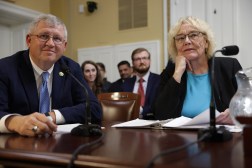House adds $4.2B in cyber, innovation funding to NDAA

The House Armed Services Committee voted Wednesday to add $4.2 billion in what it categorized as “cyber and innovation” funding to its draft of the fiscal 2022 National Defense Authorization Act.
The funding was a part of a nearly $25 billion increase to the top line of the authorization bill, which also includes $5.2 billion for research and development and other categories. The amendment brings the total proposed amount of authorized spending for the Department of Defense to $778 billion.
“The defense of our nation will not be shortchanged by Congress. I thank my colleagues for adopting this amendment to support the men and women who serve in our armed forces,” committee Ranking Member Mike Rogers, R-Ala., said in a statement. Rogers, the highest ranking Republican on the committee, proposed the amendment and garnered 14 Democratic votes in additional to all Republicans on the committee.
Rep. Jim Langevin, D-R.I., chairman of the new Cyber, Innovative Technologies, and Information Systems Subcommittee, was one of the 14 Democrats to support the amendment.
In the funding increase, the Joint Artificial Intelligence Center would get a $57 million increase specifically to fund the new AI and Data Acceleration (ADA) initiative. The effort is design to build “flyaway” teams of data scientist that can be deployed to combatant commands to build new and improve old tech systems. It’s an idea that was proposed by the National Security Commission on Artificial Intelligence (NSCAI).
Other tech-related amendments would increase funding for AI trust research and several cloud programs, including the Defense Information Systems Agency’s (DISA) MilCloud 2.0. Some proposed changes to the legislation would require reports to Congress on the software development, data science and AI workforce.






